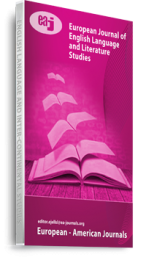The gender agenda constitutes an ongoing topical issue in all aspects of life and in literature in particular. This work seeks to examine the manner in which Angie Cruz, Julia Alvarez and Ola Rotimi represent the relationship between power and gender in Dominicana, How the Garcia Girls Lost Their Accents and Our Husband Has Gone Mad Again respectively. The question on which the research hinges is: How do Angie Cruz, Julia Alvarez and Ola Rotimi project the link between status and gender in Dominicana, How the Garcia Girls Lost Their Accents and Our Husband Has Gone Mad Again respectively? It is hypothesized that gender plays an important role in establishing power structures in the set texts. From a theoretical perspective, Feminist Literary Criticism as articulated by Simone de Beauvoir is used. This work, divided into two sections, concludes that Angie Cruz, Julia Alvarez and Ola Rotimi present power structures as dependent on gender considerations that benefit both men and women. This paper contributes to the ongoing conversation about the relationship between gender and power (re)distribution; and also enhances an understanding of the manner in which power was negotiated and contested along gender lines in the Dominican Republic and Nigeria given the then social, cultural, economic and political contexts.
Keywords: Gender, Power, domination, emancipation, feminist literary criticism

